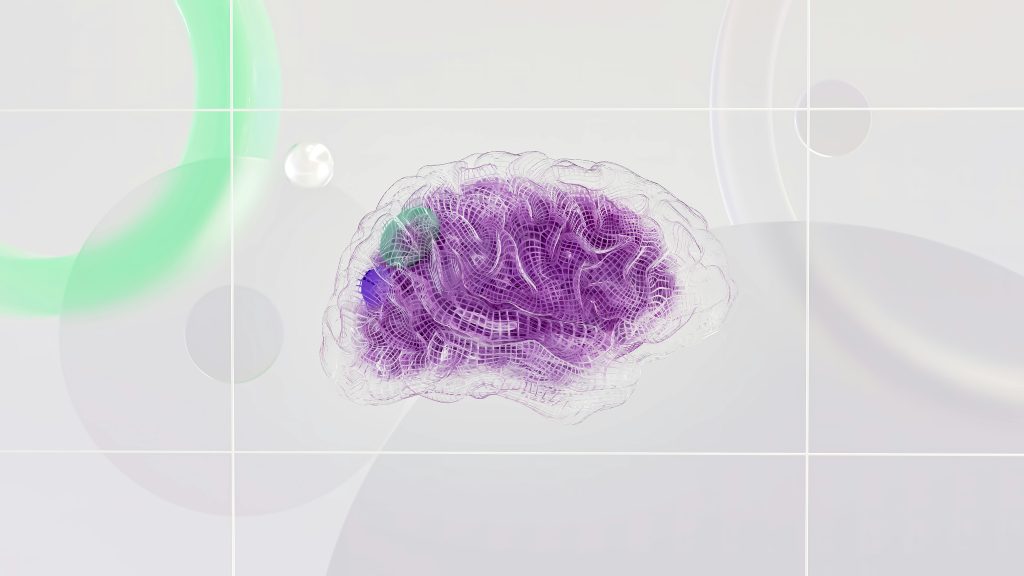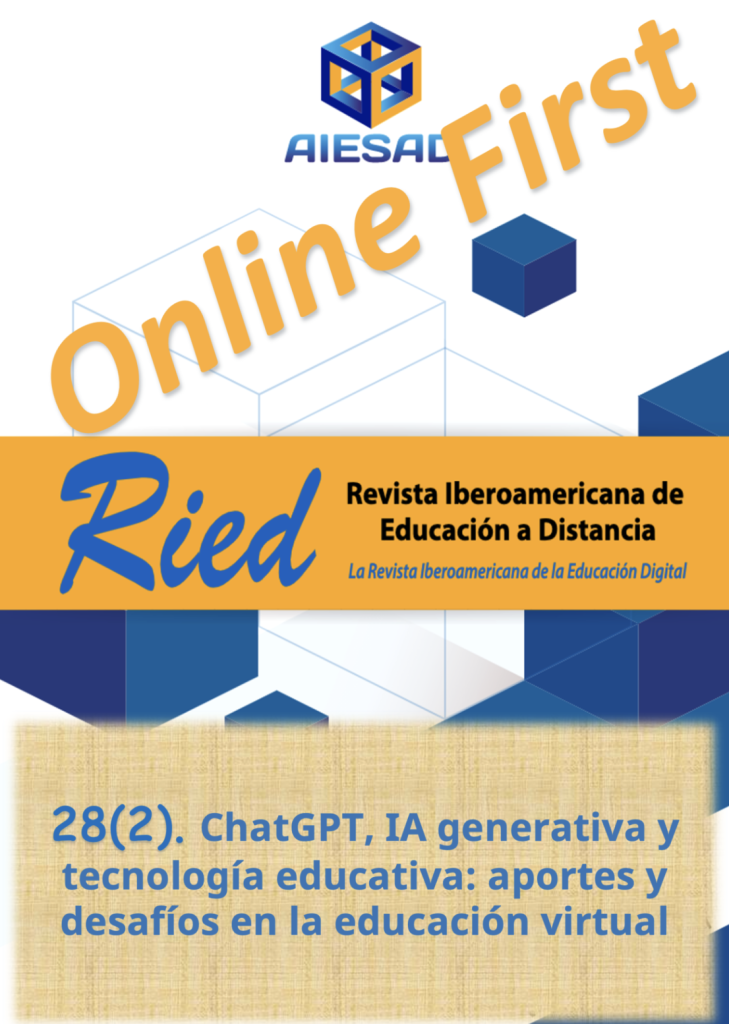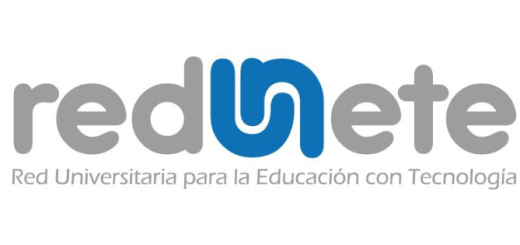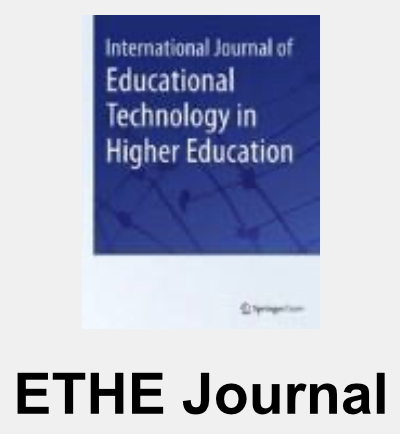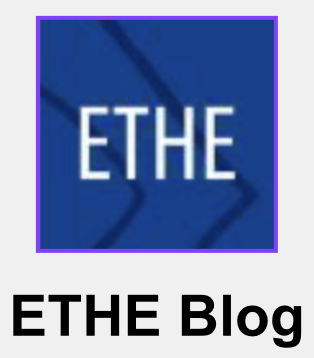Discover a New Article From Edul@b on the Challenges of Generative Artificial Intelligence in Higher Education
A new article by Edul@b members on how to integrate Generative Artificial Intelligence (GenAI) into higher education is now available in the Revista Iberoamericana de Educación a Distancia (RIED. This article focuses on students’ critical use of GenAI-based tools.
The study titled “Desafíos de la Inteligencia Artificial generativa en educación superior: fomentando su uso crítico en el estudiantado” highlights the importance of providing specific training to higher education students to develop a critical and informed view of AI. This helps them recognize its potential, but also its risks. The authors of the article are Teresa Romeu, Marc Romero, Montse Guitert, and Pablo Baztán (Edul@b Research Group, Universitat Oberta de Catalunya).
Below, you will find a description of “Desafíos de la Inteligencia Artificial Generativa en Educación Superior: Fomentando su Uso Crítico en el Estudiantado” and a link to the full article, which is part of the new RIED issue “ChatGPT, IA Generativa y Tecnlogía Educativa: Aportes y Desafíos en la Educación Virtual”.
Description
The widespread emergence of generative artificial intelligence (GenAI) poses new challenges for its integration into higher education. Understanding GenAI, its potential and risks, must be accompanied by reflection on the regulatory and ethical issues this new technology raises. This article presents the results of including a learning resource on GenAI in the curriculum of a course at an online university, along with a shared reflection on the ethical implications of its use. Quantitative and qualitative data obtained from more than 900 university students are analyzed using an online questionnaire with open-ended and closed-ended questions. Two groups from two different courses are distinguished: one that did not have access to the learning resource and subsequent discussion, and the other that did. A comparative analysis is made of how the training followed influences self-perceived knowledge and the influence of other variables, such as the participants’ educational level or the type of studies completed, on this knowledge. Seven categories emerged from the qualitative analysis, grouping together the ethical principles that students should consider when using GenAI. The results demonstrate how specific training in GenAI improves knowledge of the subject, helping students discern its potential and critical aspects in an informed and conscious manner, while also contributing to improving the GenAI-related elements of the course.
Read the full article in Spanish or English
Take a look at the infographic in Spanish or English
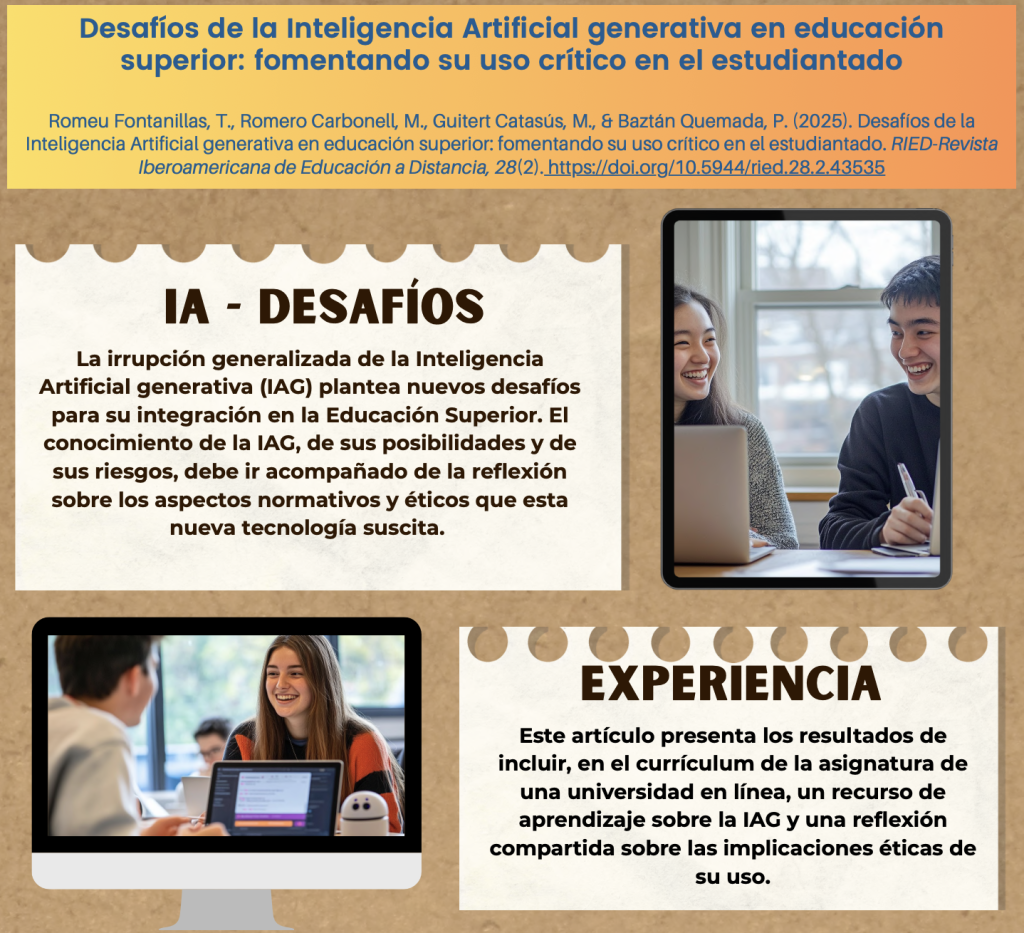
How To Cite This Article
Romeu Fontanillas, T., Romero Carbonell, M., Guitert Catasús, M., & Baztán Quemada, P. (2025). Desafíos de la Inteligencia Artificial generativa en educación superior: fomentando su uso crítico en el estudiantado. RIED-Revista Iberoamericana De Educación a Distancia, 28(2).

